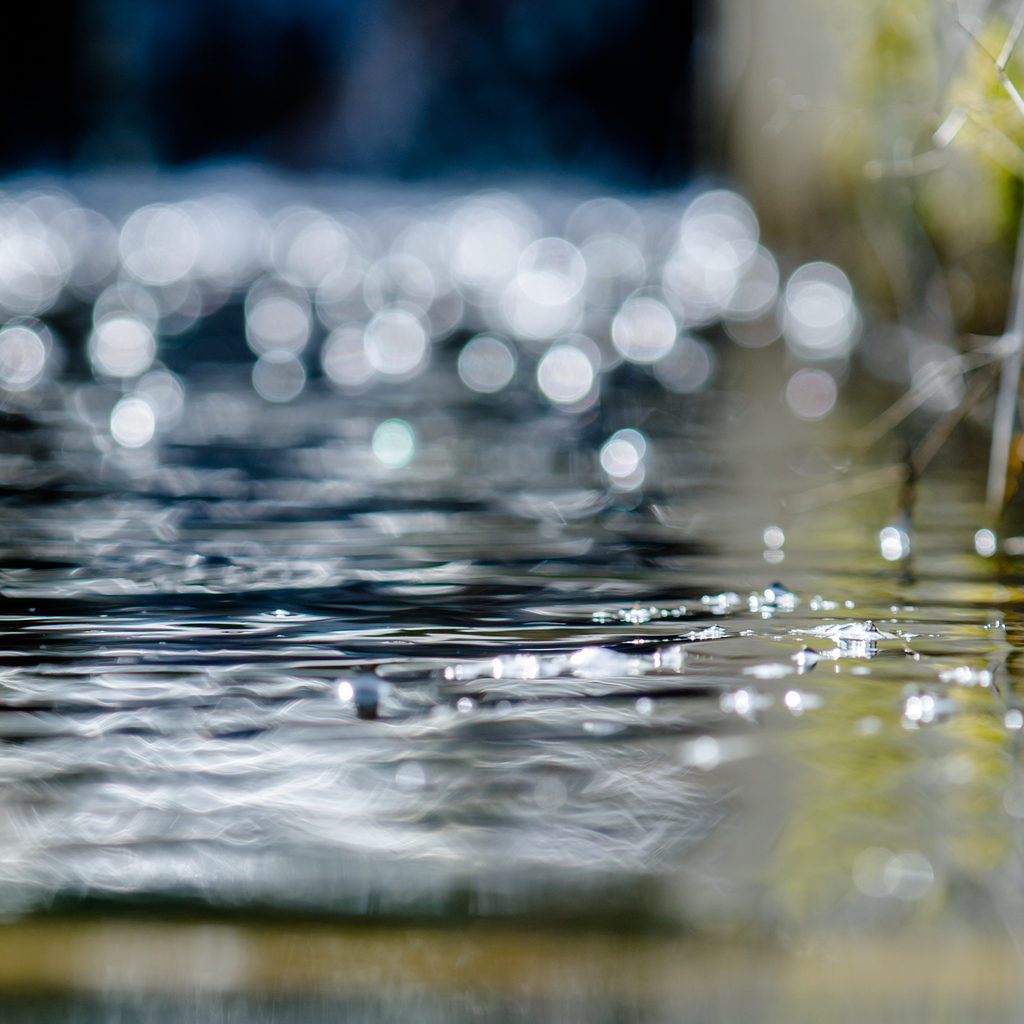How much water do you need to drink?

Now that the hottest time of year in Texas is here, it’s even more important to hydrate. The question of “how much water to drink” has a varied answer. Even reputable sources may have slightly different answers to this question. The reason is that everyone has different needs depending on age, height, weight, activities, conditions and medications. The weather, especially the heat, is another variable that is going to impact the amount of fluid required to remain hydrated.
With age, the research does seem to consistently indicate the need to pay attention to staying hydrated. Seniors may have a decreased sense of thirst and fluid balance is slower to be restored.* So even if you don’t feel thirsty, you might still need to consume more fluids.
Medications may need to be factored in as well. Certain medicines may act as a diuretic and cause fluid loss while other medications could cause water retention. As always, please be sure to check with your doctor about medications and the appropriate amount of water intake for you.
Height and weight also play a roll in determining how much fluid intake is needed. One frequently cited authority is the U.S. National Academies of Sciences, Engineering, and Medicine which recommends 15.5 cups daily for men and 11.5 cups for women.**
If that sounds like a lot, not to worry. This is the grand total including other beverages and food, not just water. Actually, food makes up 20% of that daily total.**
Some more good news – coffee and alcohol count toward the daily fluid intake. Because these are both diuretics, it has been a myth that they cannot be calculated in daily fluids. While you will lose some fluids with these drinks, as coffee and alcohol are liquids, the overall net is positive.*** Of course, water is going to be more beneficial than coffee, alcohol or energy drinks that are high in sugar, but it’s good to know that the cup of coffee in the morning or glass of wine in the evening can count toward the daily fluid requirement.
It’s also helpful to consume foods high in water content. Fortunately, a lot of summertime foods already meet that criteria. A nice salad made of items such as spinach, tomatoes, cucumbers or celery, or summer favorites like watermelon, strawberries and peaches are good examples of high water content food.
Activities and exercise, particularly outdoors in the heat, are naturally going to increase the amount of water consumption required to stay hydrated. Even if you are not participating in a sport and just sitting enjoying a picnic, some extra fluids are likely necessary, especially if you find yourself sweating.
While it is possible to over hydrate, it is not a common occurrence. Certain conditions related to kidneys, heart, liver or thyroid may need to moderate the amount of fluid intake.*** Again, consult with your physician for a recommendation.
Until cooler temperatures arrive, remember staying hydrated is beneficial for your health and helps you beat the heat!
*https://pubmed.ncbi.nlm.nih.gov/11528342/
***https://www.health.harvard.edu/staying-healthy/how-much-water-should-you-drink
